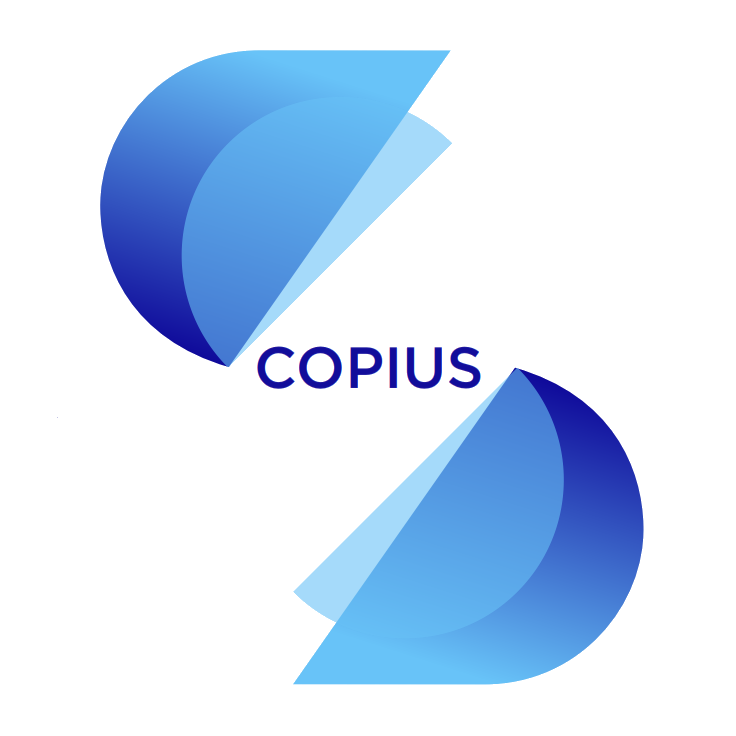

Teaching Activities
This section gives an overview of our teaching activities.
COPIUS Acitivities
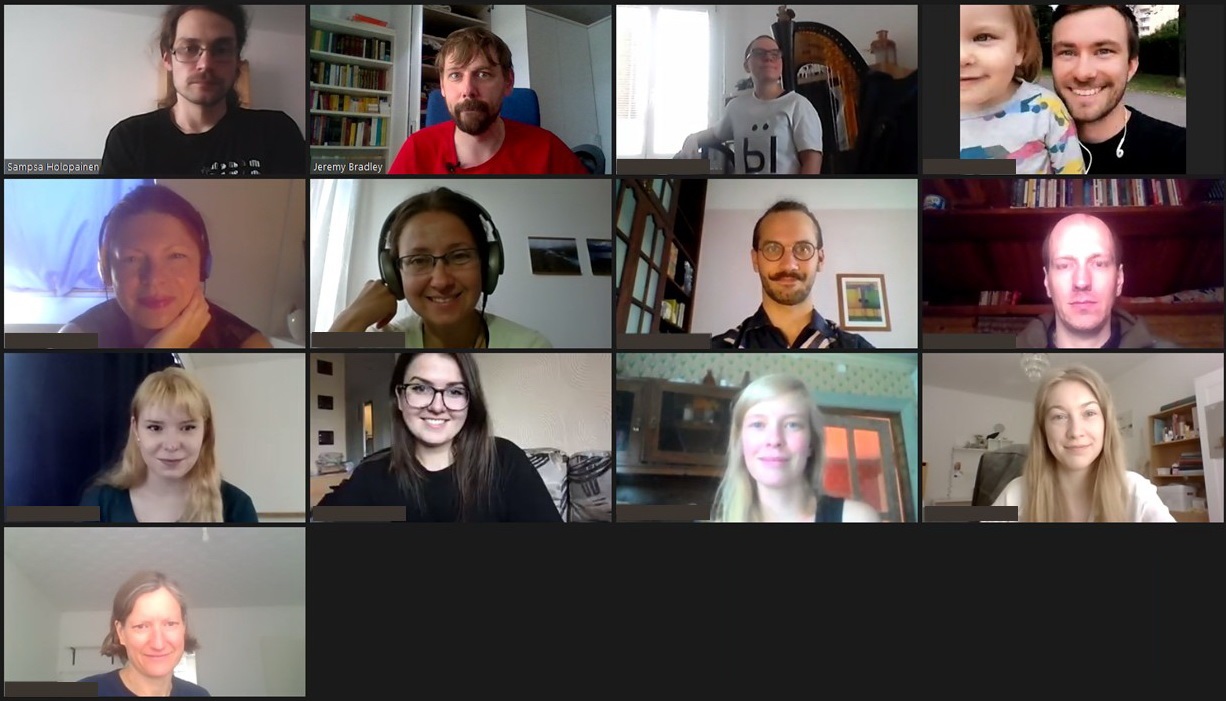 |
9th–13th August 2021, organized by the University of Vienna Topics covered (teaching carried out and supervised by Sampsa Holopainen, University of Vienna)
Lectures:
|
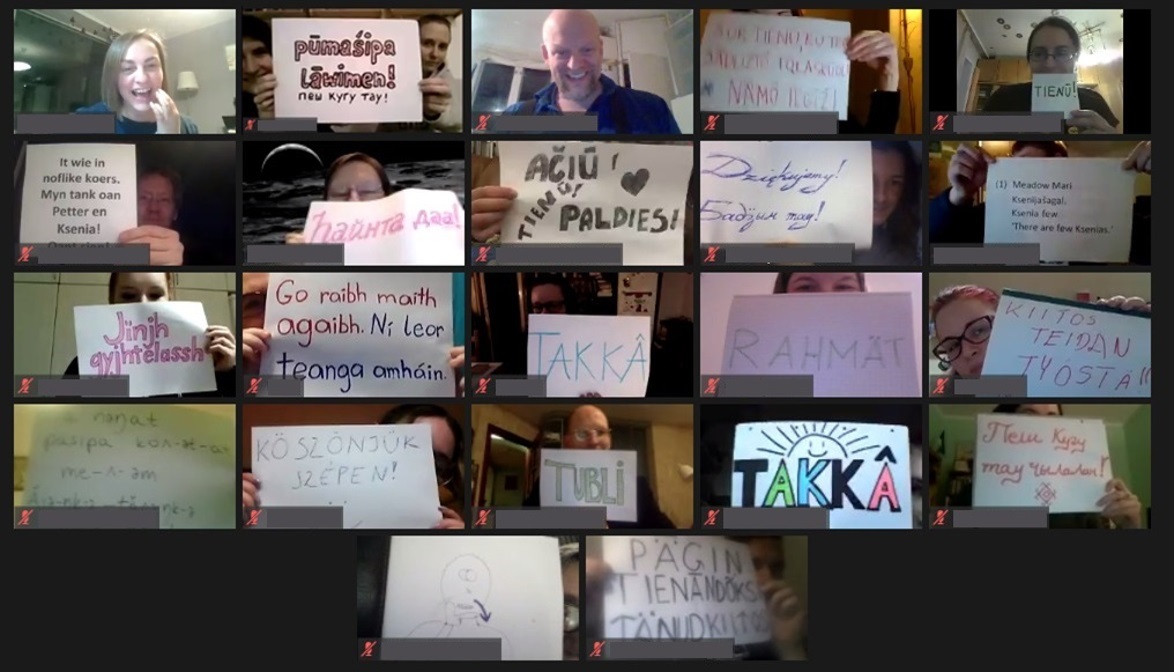 |
1st – 5th February 2021, organized online by the University of Helsinki Language: Inari Saami (Petteri Morottaja) Workshop:
Lectures:
|
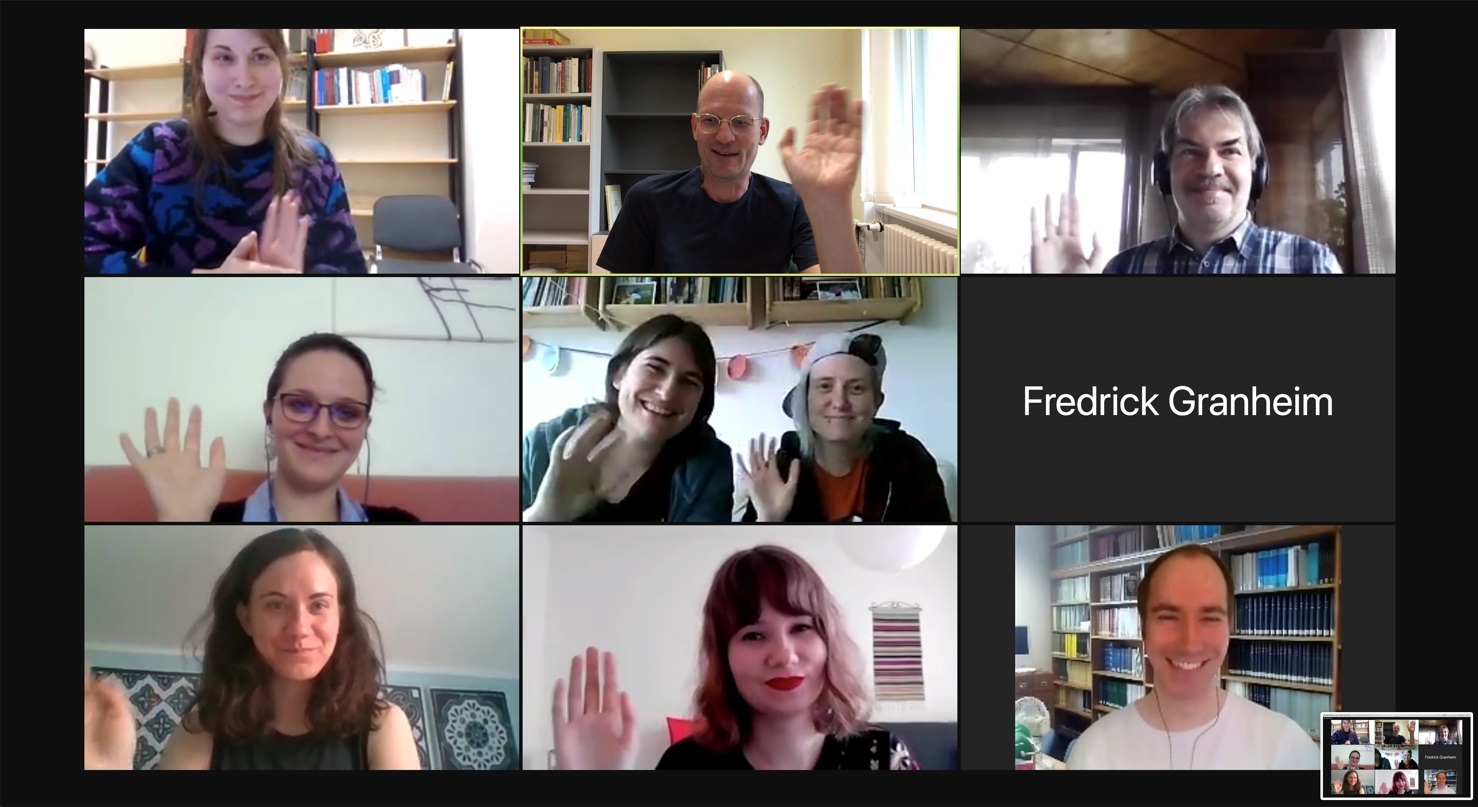 |
E-learning course: Spring 2020, organized by the Universiy of Tartu Workshop: 17th–21st May 2021, organized by the Universiy of Tartu Practical parts (Fedor Rozhanski)
Essay panel: Discussion of Fieldwork proposals the participants had written as an oucome of the e-learning course in the preceding year Lectures:
|
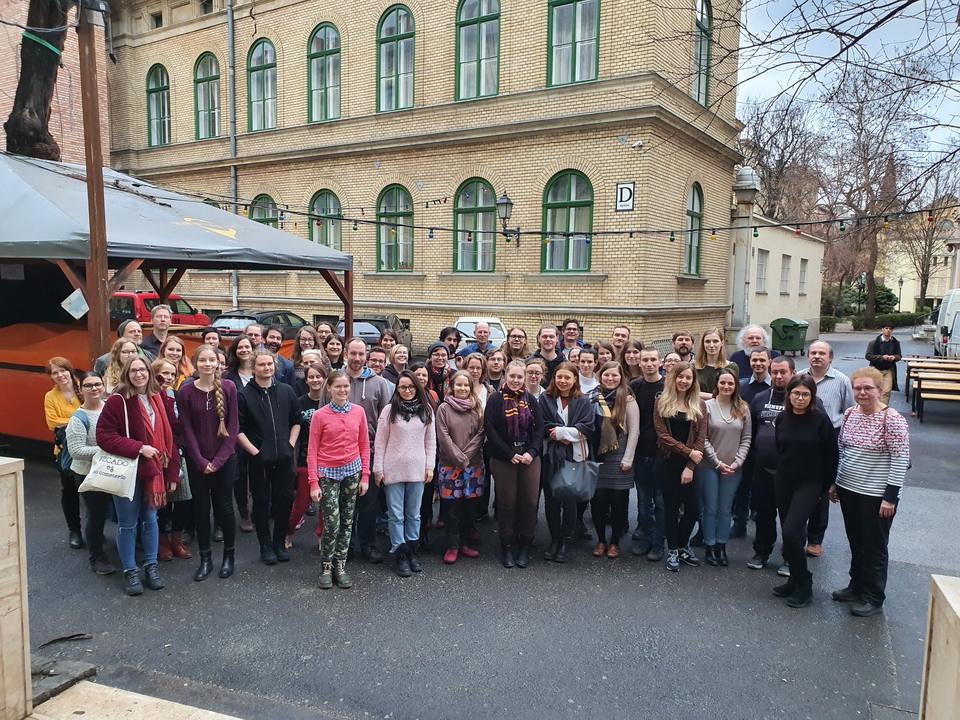 |
27th January – 1st February 2020, Eötvös Loránd University Budapest Language: Komi-Permyak (Nikolett F. Gulyás and Vasily Epanov) Workshops:
Lectures:
|
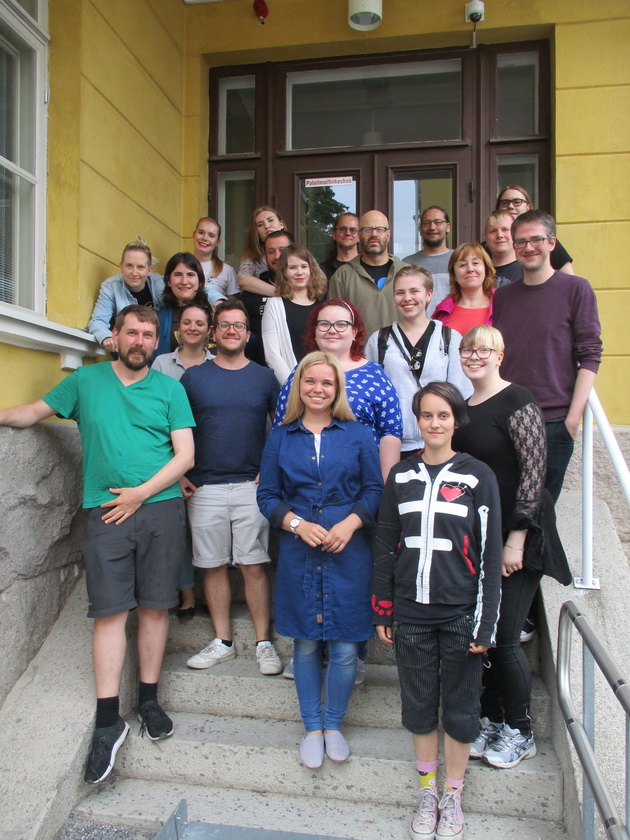 |
E-learning: 11 February – 7 June 2019, University of Vienna Summer workshop: 10 – 14 June 2019, University of Turku Language courses:
Lectures:
|
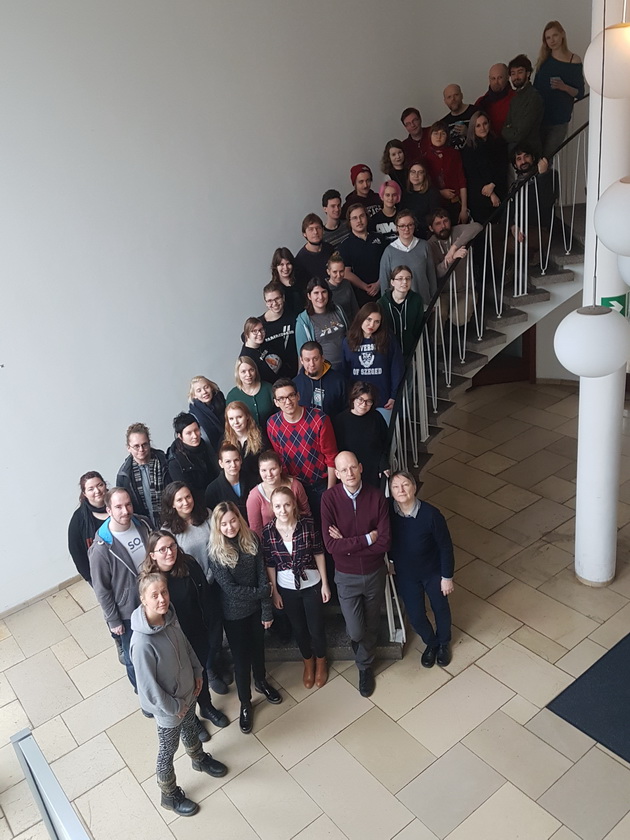 |
4 – 9 February 2019, University of Hamburg Language: Nganasan (Josefina Budzisch and Beáta Wagner-Nagy / Hamburg) Workshops:
Lectures:
|
Activities for INFUSE and other previous cooperations
For an overview of teaching activities our network carried out before COPIUS, see INFUSE and the website of the previous International Winter Schools
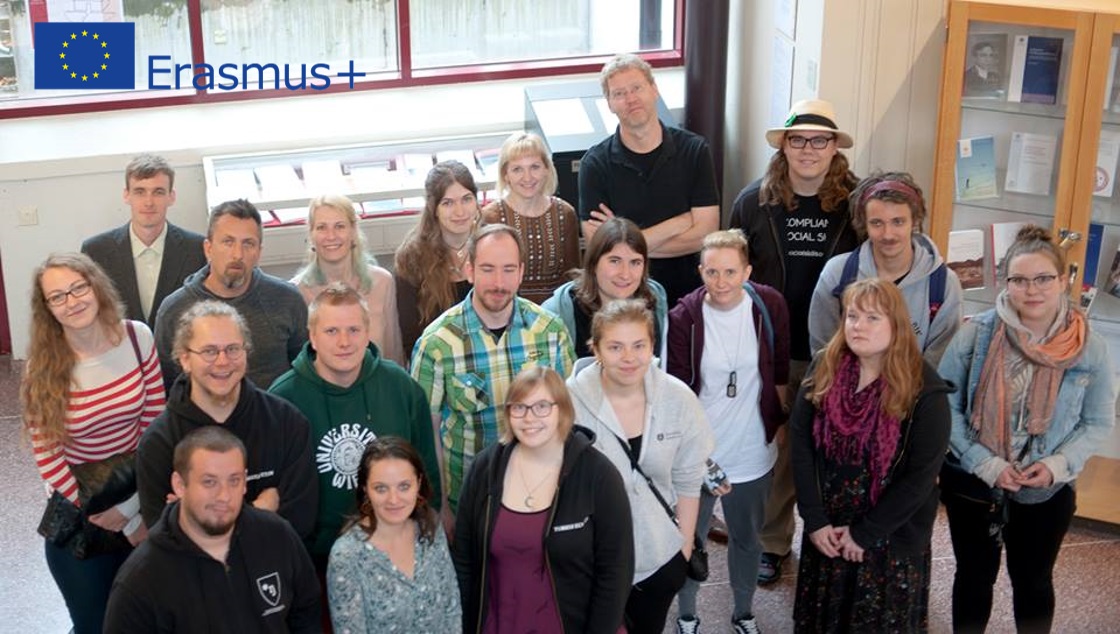 |
Summer workshop: 18 – 22 June 2018, University of Uppsala The course focused on the minor Finnic languages Ingrian, Karelian, Kven, Livonian, Meänkieli, South Estonian, Veps and Vote. These range in number of native speakers from ca. 80 000 (South Estonian) to less than 10 (Livonian), and are mainly spoken in Estonia, Finland, Latvia, Norway, Russia and Sweden. At the summer workshop, there were sessions with native speakers of Livonian (Valt Ernštreit), Veps (Olga Žukova) and South Estonian (Helen Plado) Further information on the INFUSE website: e-learning, summer workshop. |
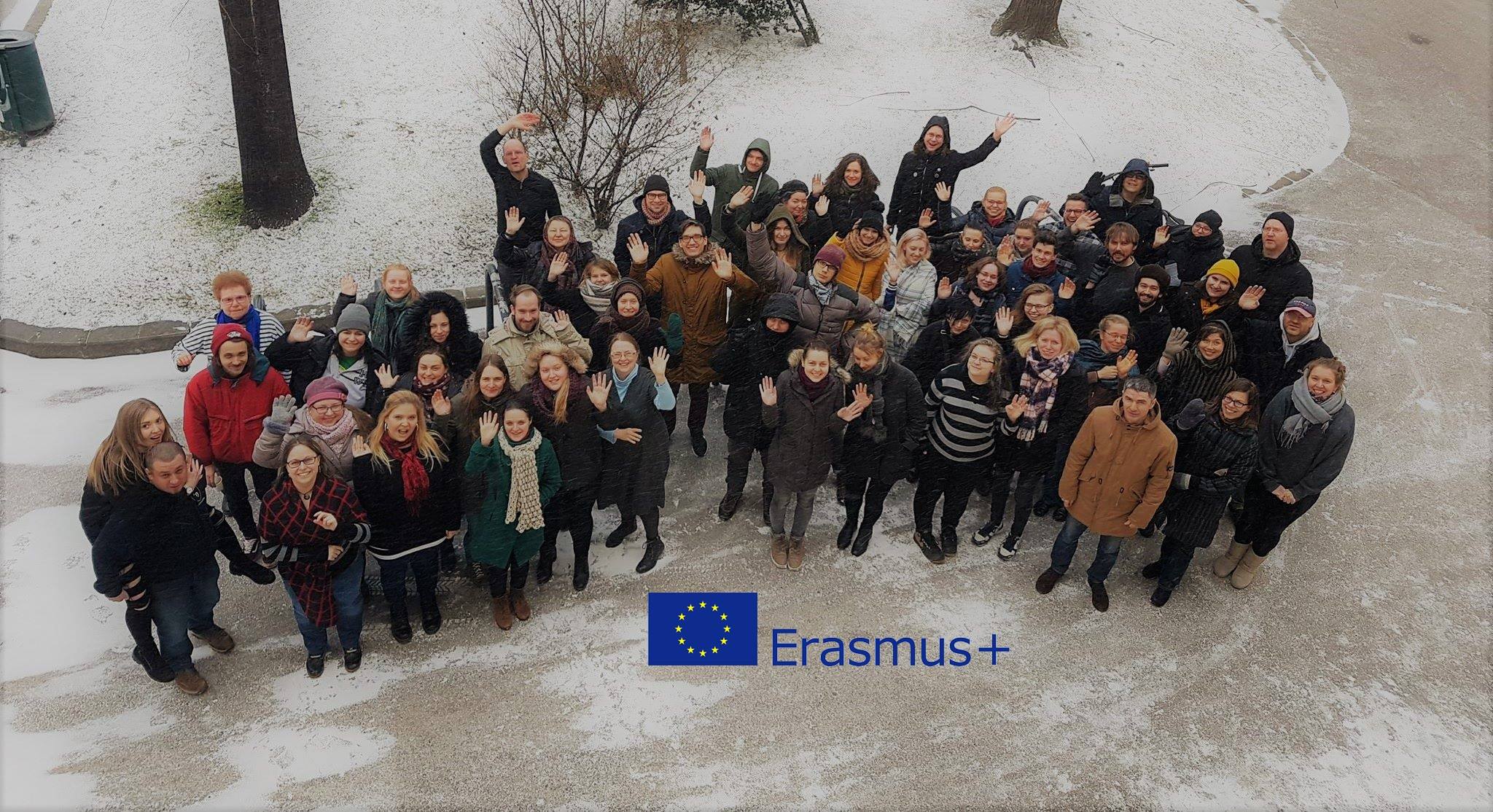 Photo: Maria Köstlbauer |
26 February – 3 March 2018, University of Vienna Language: Udmurt (Dmitri Efremov / Izhevsk, Christian Pischlöger / Vienna) Workshops:
Lectures:
Funded by the Erasmus+ strategic partnership INFUSE "Integrating Finno-Ugric Studies in Europe". Further information on the INFUSE website, and on the website of the University of Vienna. A student report from Munich can be found here. |
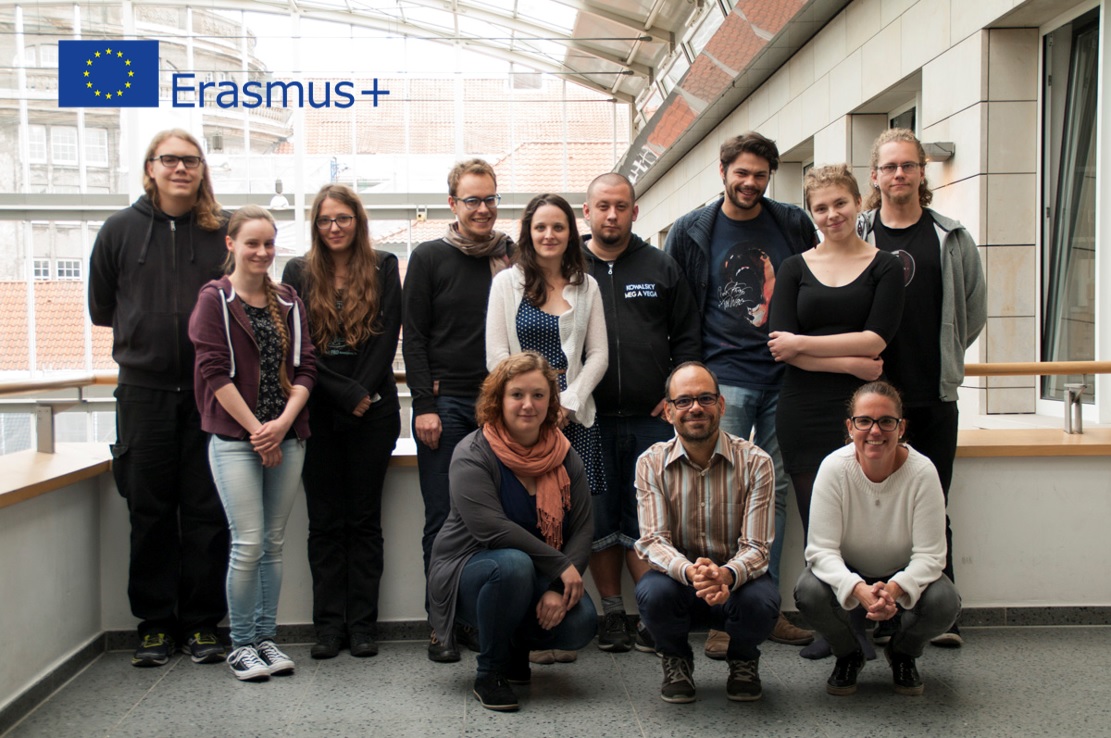 |
Summer workshop: 18 – 22 September 2017, University of Hamburg The course provided an overview on topics in Samoyedic phonetics, as well as an introduction to Northern Selkup. At the workshop, there were sessions on vowel harmony (László Fejes/Hungarian Academy of Sciences), phonology of Kamas (Gerson Klumpp/University of Tartu), language contact (Florian Siegl), syllabic phonology (Zsuzsa Várnai/Hungarian Academy of Sciences), technological and methodological aspects of empirical linguistics (Timm Lehmberg & Anne Ferger/both University of Hamburg), as well as a structure course on Central and Southern Selkup (Josefina Budzisch/University of Hamburg). Further information on the INFUSE website: e-learning, summer workshop. |
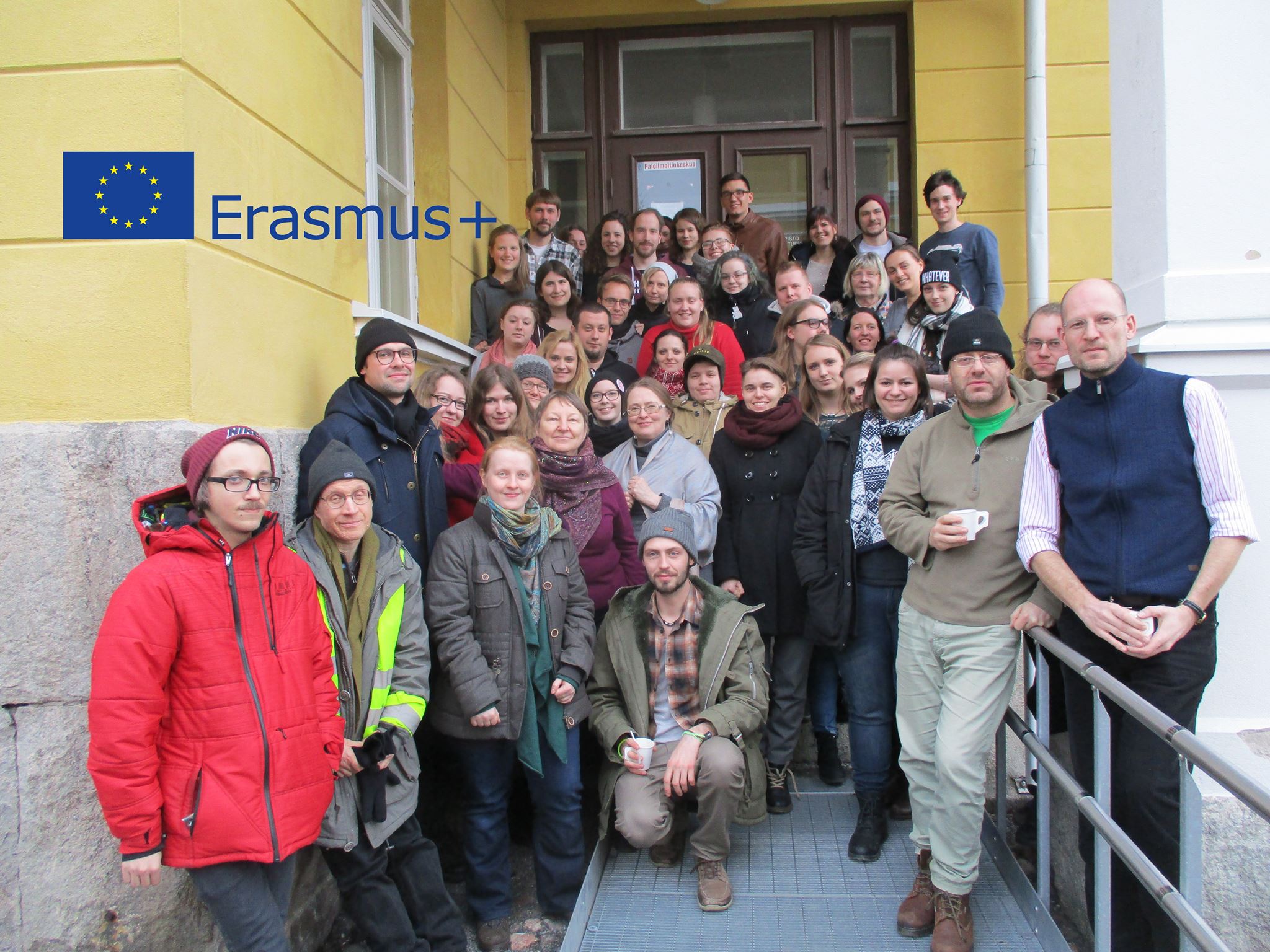 |
27 February – 4 March 2017, University of Turku Language: Moksha (Valentina Katainen / Turku) Workshops:
Lectures:
Funded by the Erasmus+ strategic partnership INFUSE "Integrating Finno-Ugric Studies in Europe". Further information on the INFUSE website. A student report from Munich can be found here. |
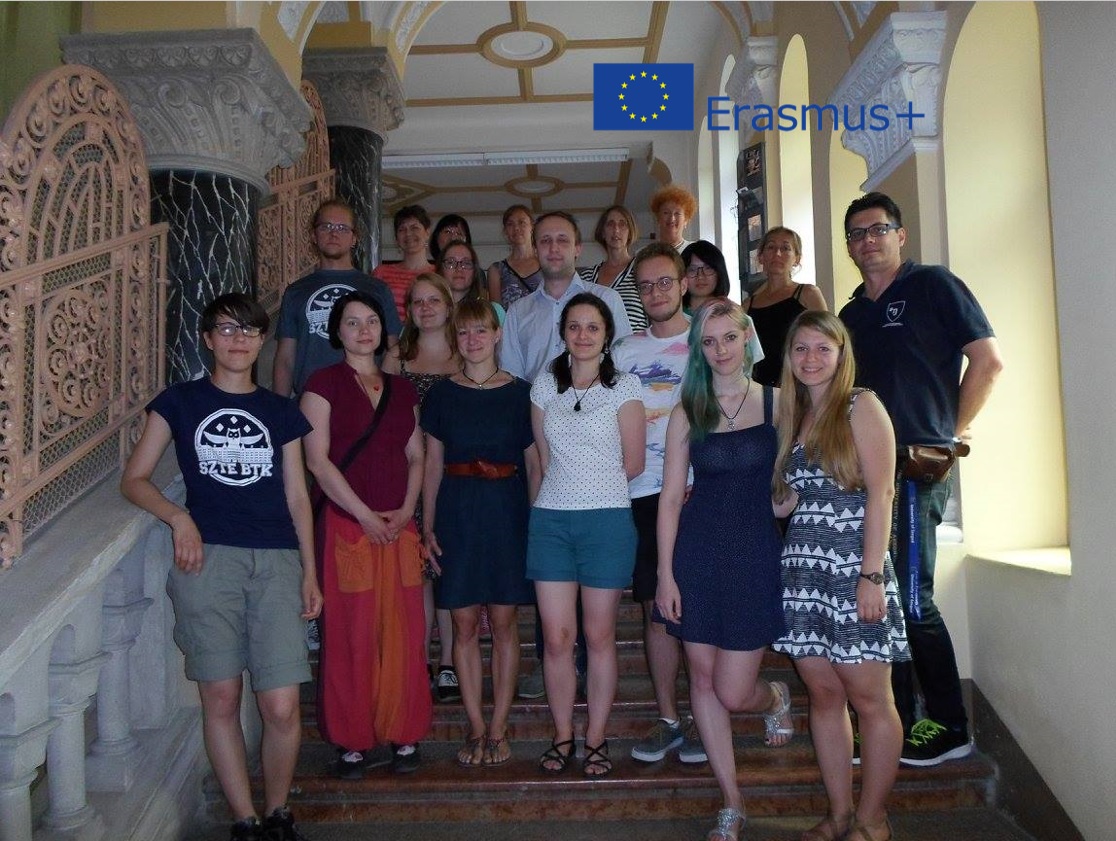 |
Summer workshop: 6 – 10 June 2016, University of Szeged The aim of the course was to introduce students into a relatively new subfield of linguistic typology, Lexical typology. The course gave a general introduction to Lexical typology, surveying its methodology and the most important literature. A survey was given of some case studies as Verbs of perception, Motion verbs, Kinship terms, Numerals and numeral systems, Colour terms. Discussing these case studies the course also relied on the lexical data of the Uralic languages. Funded by the Erasmus+ strategic partnership INFUSE "Integrating Finno-Ugric Studies in Europe". Further information on the INFUSE website: e-learning, summer workshop. |
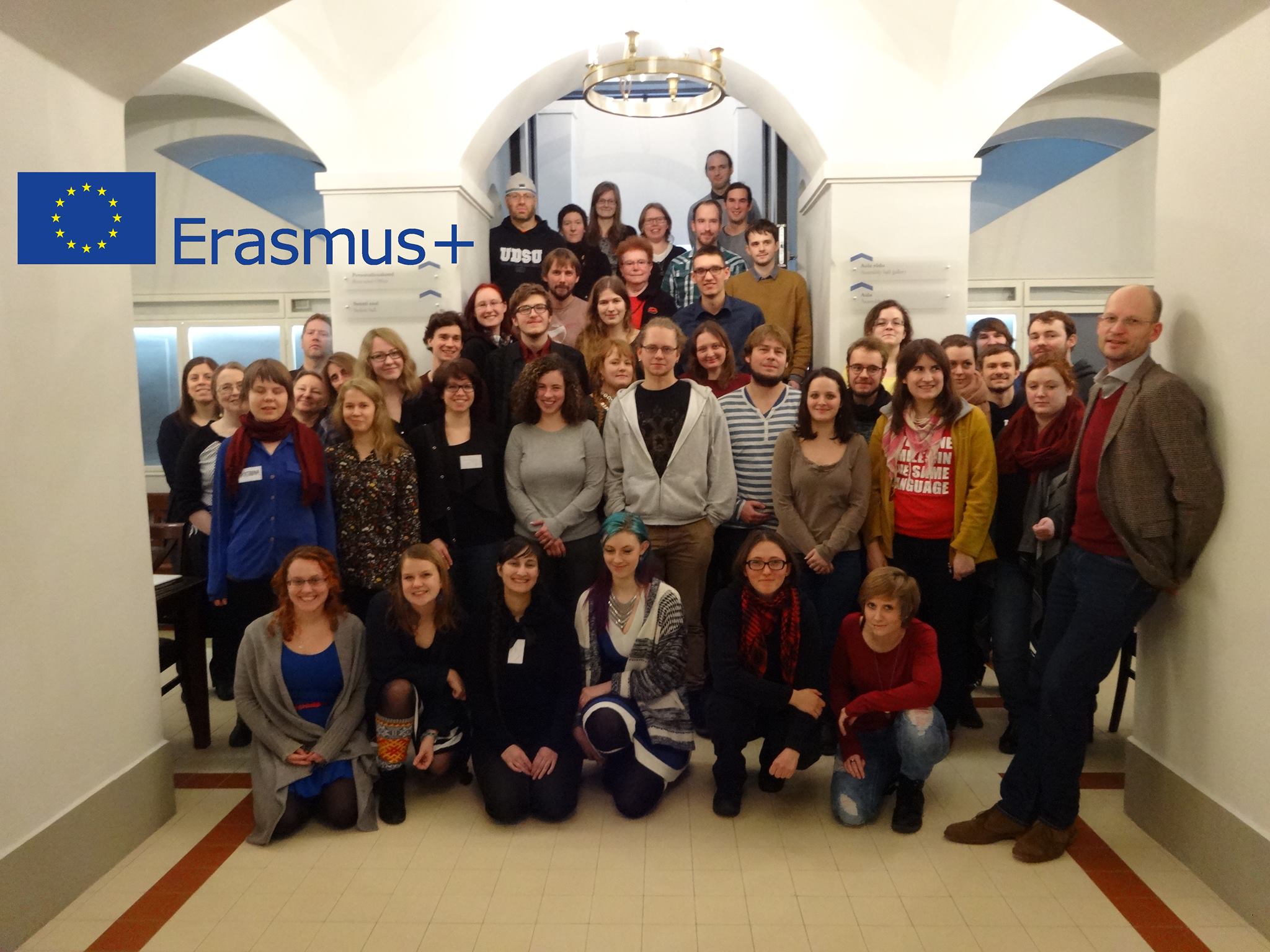 |
1 – 6 February 2016, University of Tartu Language: Komi (Nikolay Kuznetsov / Tartu) Workshops:
Lectures:
Funded by the Erasmus+ strategic partnership INFUSE "Integrating Finno-Ugric Studies in Europe". Further information on the INFUSE website and in the Munich University Magazine (pages 26-27). |
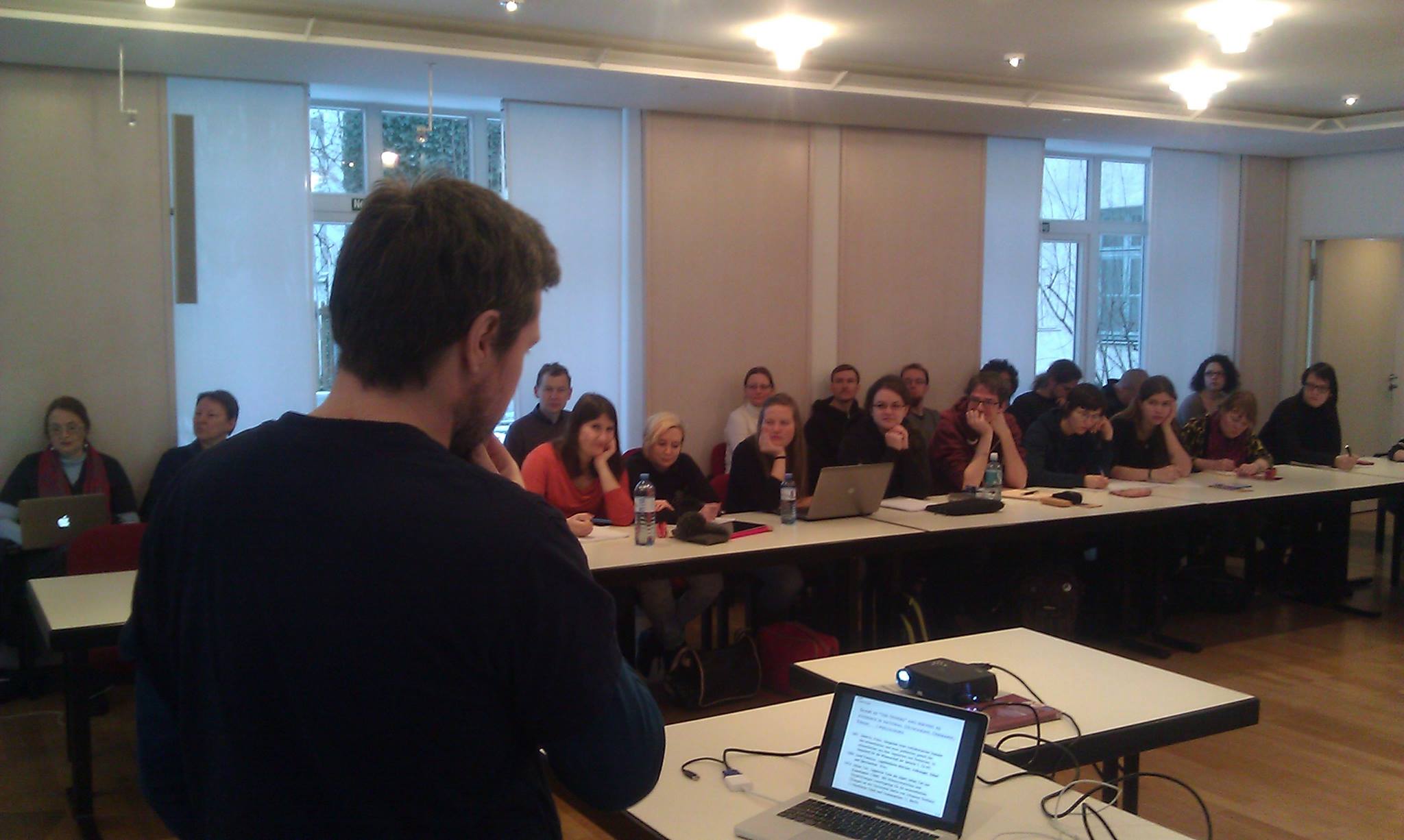 Photo: Jeremy Bradley |
9 – 14 February 2015, Ludwig-Maximilians-Universität Munich Language: Kildin Saami (Michael Rießler / Freiburg, Rogier Blokland / Uppsala) Workshops:
Lectures:
Further information on the website of the University of Vienna (esp. photos) and Ludwig Maximilian University of Munich. |
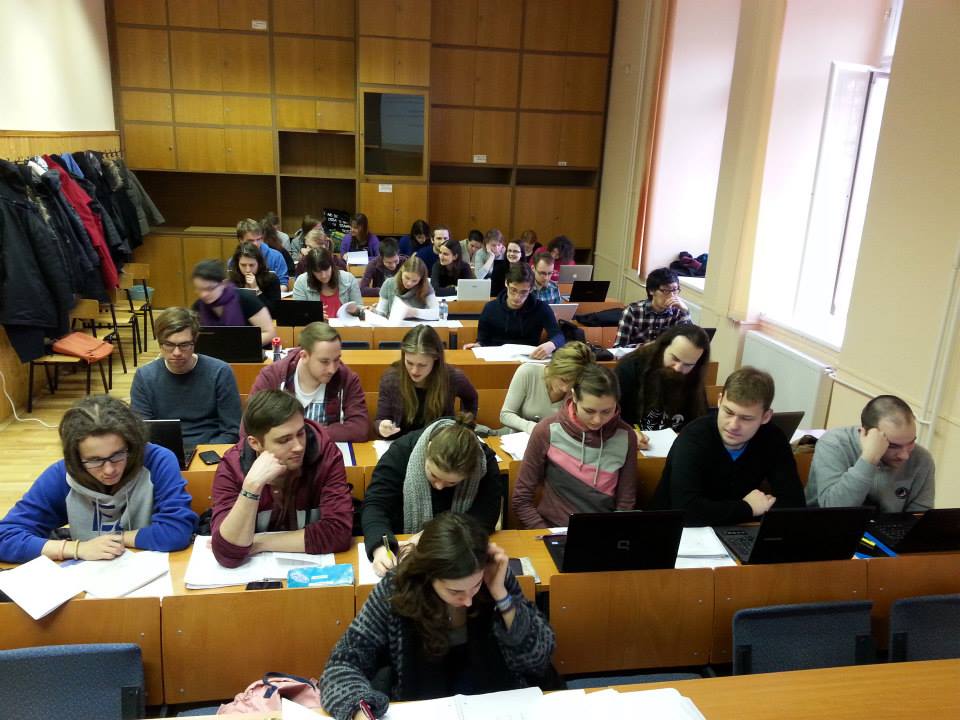 Photo: Jeremy Bradley |
19 January – 1 February 2014, University of Szeged Languages:
Workshops:
Lectures:
Funded by the EU Lifelong Learning Programme Further information on the website of the University of Vienna (esp. blog). |
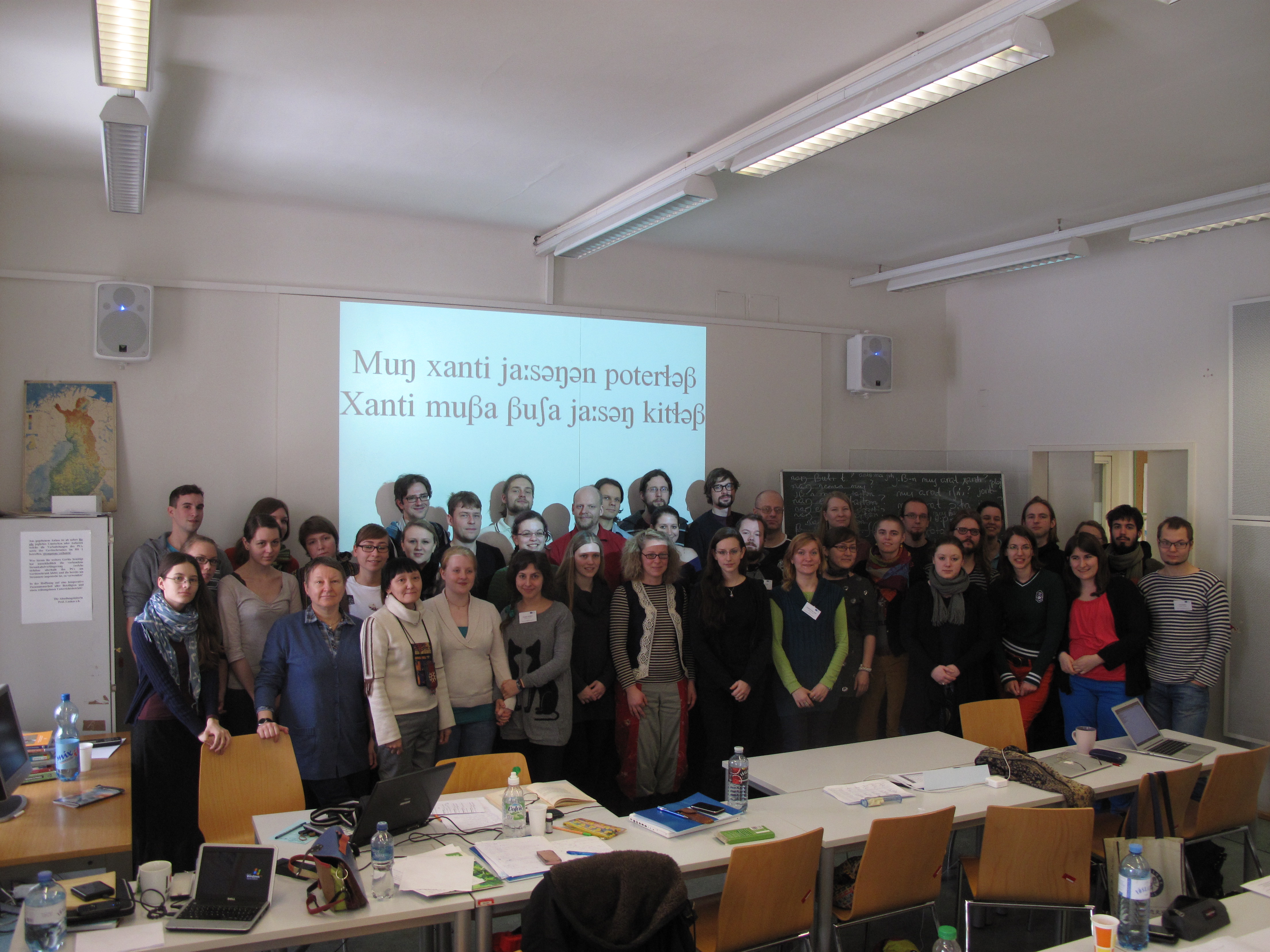 |
17 February – 2 March 2013, University of Vienna Languages:
Workshops:
Funded by the EU Lifelong Learning Programme Further information on the website of the University of Vienna (esp. photos, memes). |
Contact Us
Project Coordination
Prof. Dr. Rogier Blokland
Department of Modern Languages
Engelska parken
Thunbergsv. 3 L
751 26 Uppsala
Sweden
Organizational Assistant
Dr. phil. Maximilian Murmann (LMU Munich)
Technical Administration
Dr. tech. Dr. phil. Jeremy Bradley (University of Vienna)
Webmaster
Tobias Weber, M.A. (LMU Munich)